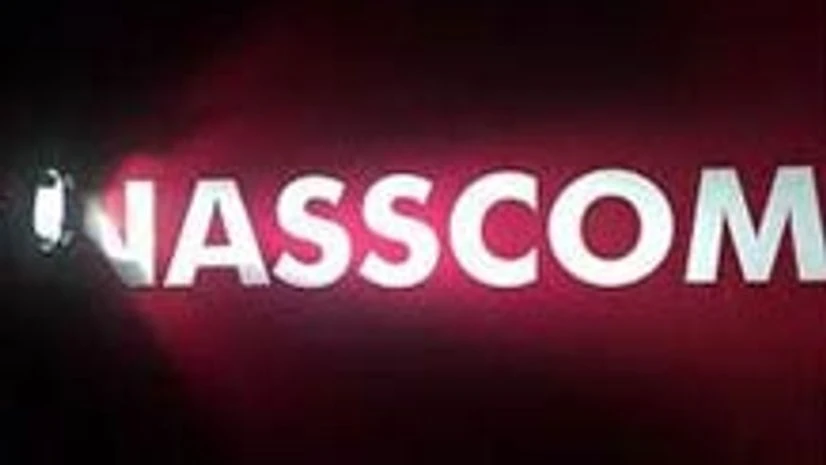The National Association of Software and Services Companies (Nasscom) has cautioned that states are creating barriers for market access within India in the segment. This was after Gujarat joined Assam, Odisha, Uttarakhand, Rajasthan and Mizoram in levying an entry tax on goods purchased through e-commerce marketplaces. Nasscom says this is akin to introducing trade barriers on interstate trade.
“Providing unrestricted cross-border access to sellers and buyers is an important driver towards creating ease of doing business. Such tax structures will lead to additional burden on SME (small and medium enterprises) traders,” said R Chandrashekhar, president of Nasscom.
Read more from our special coverage on "NASSCOM"
Flipkart, the country's largest e-commerce entity, filed a petition at the Uttarakhand high court (HC) against the 10 per cent entry tax on goods bought via e-commerce firms in the state. It recently won an interim stay and, earlier this month, another from the HC in Kolkata.
Punjab, Himachal Pradesh, Uttar Pradesh and Madhya Pradesh are also mulling the idea of increasing the tax levied on goods purchased online.
Nasscom says this will hurt SMEs the most, part from consumers having to pay higher prices.
Moreover, with the coming goods and services tax reform, differential levies on goods bought from e-commerce marketplaces will be shortlived. The software body says e-commerce entities will have to significantly upgrade their information technology systems to address the new levies, making the entire process highly commercially unviable, as it is for such a short period of time.
States want to benefit from the boom in e-commerce which facilitated the sale of goods worth $12 billion in India during 2015. Earlier, Karnataka had gotten into a tussle with Amazon over payment of value added taxes, where the government wanted the firm to cover defaults by merchants on the platform.

)
